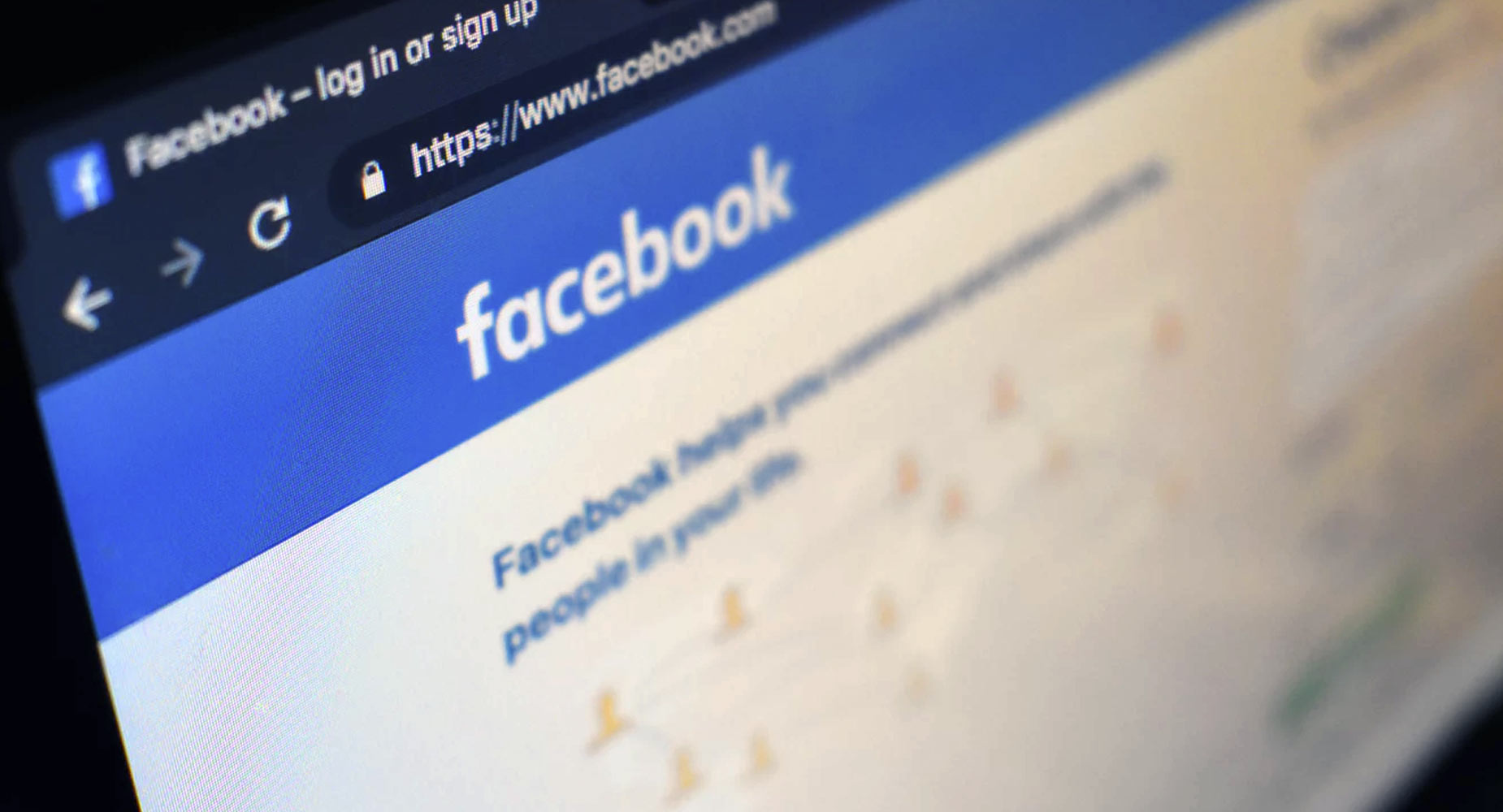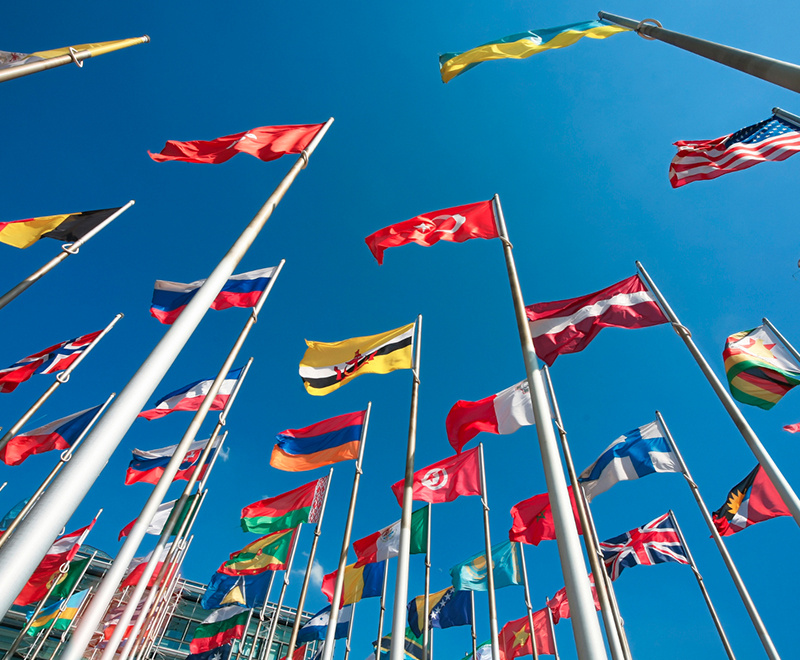Last week, Facebook announced its new Vice-President of Global Affairs and Communications – Sir Nick Clegg. Olivia Crawford explores the motivations behind the unexpected hiring and how it serves the interests of both parties involved.
Eyebrows on both sides of the pond were raised last week following the announcement that Facebook’s new Vice-President of Global Affairs and Communications is none other than Sir Nick Clegg, Deputy Prime Minister, former Liberal Democrat leader, and ardent Remainer.
The news has been met with surprise and criticism in equal measure. There are a lot of questions to answer – what, how, why and, especially in the US, who? So, what can we take from the announcement and how does it serve the interests of the parties involved?
It’s no secret that Facebook is struggling at the moment. Its reputation has been tarnished by scandal after scandal, from fake news and tax avoidance to data misuse and Cambridge Analytica. At the height of its popularity, Facebook could have easily batted criticism away and continued on its projected course to tech domination, but recent events show that the company is not untouchable.
However, there are certainly signs of a willingness to change. Zuckerberg was humbled during his appearance before the US Congress earlier this year and a new advertising campaign pledging to protect users’ privacy may be the first steps towards winning back consumer trust. Perhaps the appointment of Nick Clegg is the next step in this journey and an indicator that Facebook is growing up and disrupting the Silicon Valley status quo? It certainly suggests so. Hiring an outsider, especially one that has been critical of the company in the past and who has no Silicon Valley experience, could be a savvy move that underpins Facebook’s commitment to change.
Grand ideals aside, there is also a very commercial rationale for this hire. Facebook is facing a series of potentially very damaging regulatory threats and they need as much help as they can get. From an internal perspective, Clegg is arguably one of the best positioned to navigate the onset of EU regulation, Brexit and the possibility of a UK digital service tax. He’s a seasoned and skilled diplomat, who understands the complicated structure and mechanisms of the EU. And Facebook aren’t the only ones on a hiring spree – UK lobbyists are flavour of the month for global tech giants. Reports yesterday morning suggest that Google and Amazon are also on the hunt for an “army of lobbyists” to help them navigate UK and EU regulation.
From a personal perspective, Clegg’s reputation fares less well in the move from political campaigner to in-house lobbyist. It’s hard not to question why a passionate Europhile would abandon the cause at a critical stage in the Brexit negotiation process to join a company he has repeatedly been an outspoken critic of. By his own admission in 2016, he’s “not especially bedazzled by Facebook. I find the messianic California new-worldly-touchy-feely culture of Facebook a little grating”. Inevitably, he has faced accusations of hypocrisy and duplicity from a polarised media landscape obsessed with Brexit. Such bitterness was probably a key factor in his decision to leave but it certainly won’t be plain sailing in Trump’s America either.
Whilst the announcement may have come out of the blue, there’s no doubt that it’s a good decision for both parties. The price for Clegg might be that he is no longer able to participate in, or comment on UK affairs, and specifically the Brexit debate – something which he has done very effectively since losing his seat. This might be a price worth paying for someone looking to champion real change in one of the world’s most powerful and influential companies…especially if it means he can put Brexit behind him.




